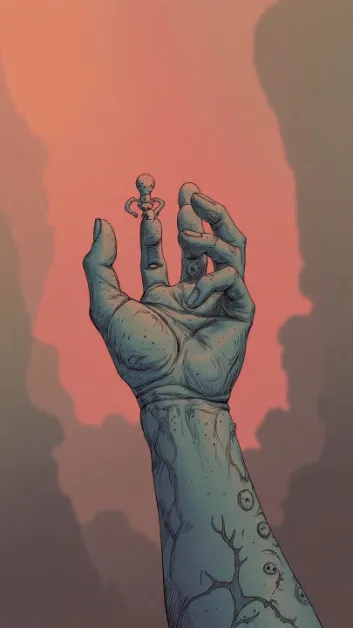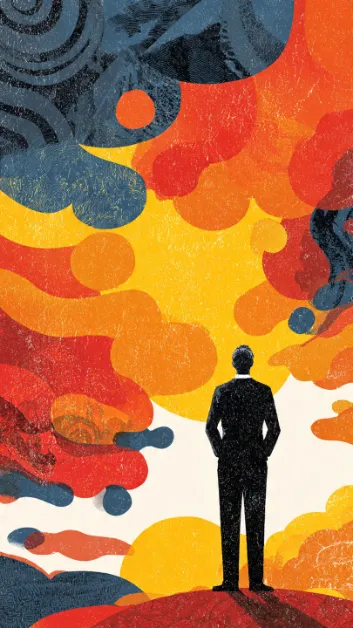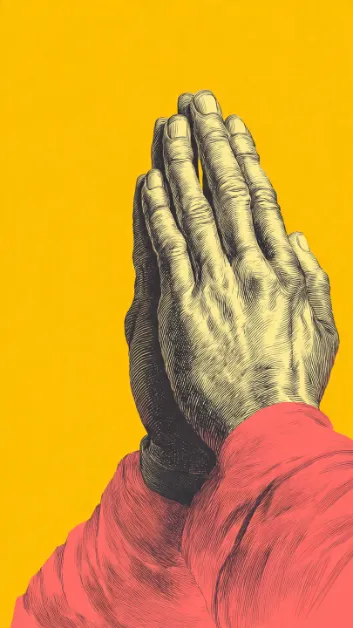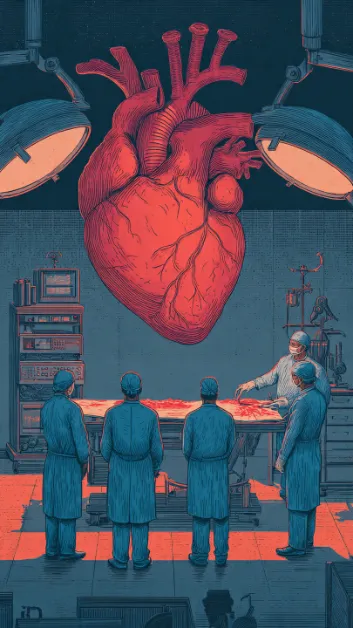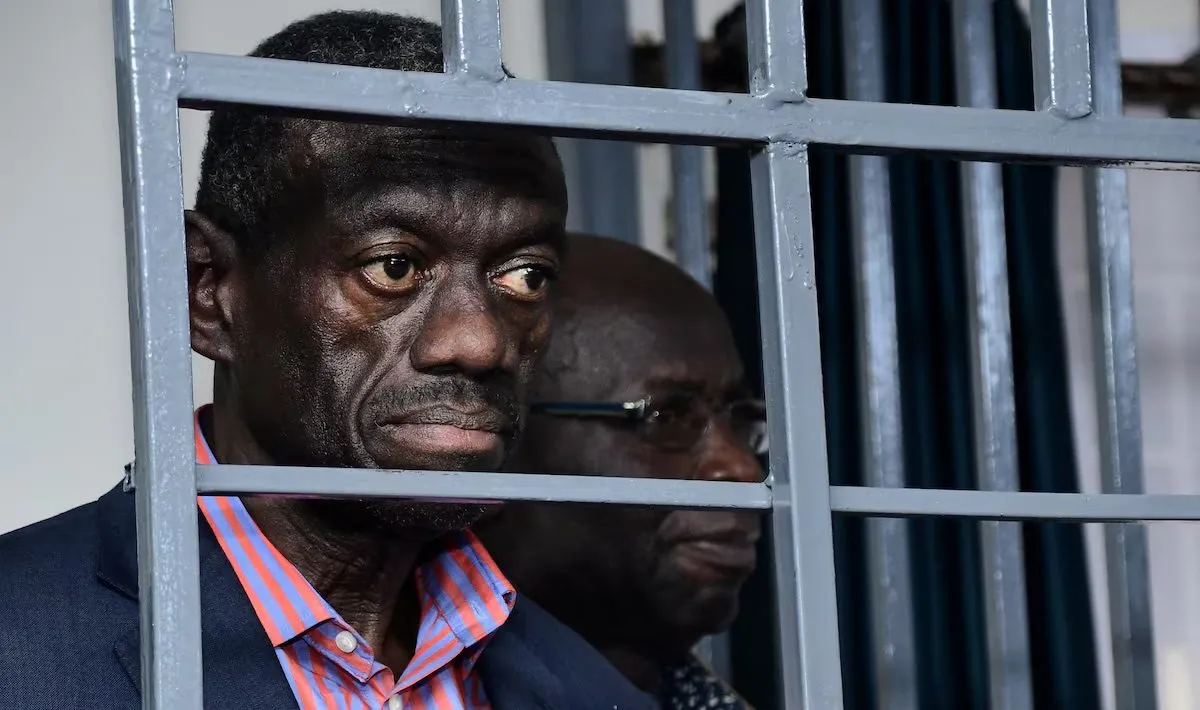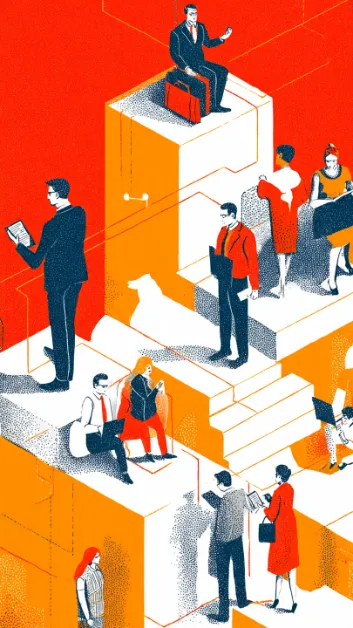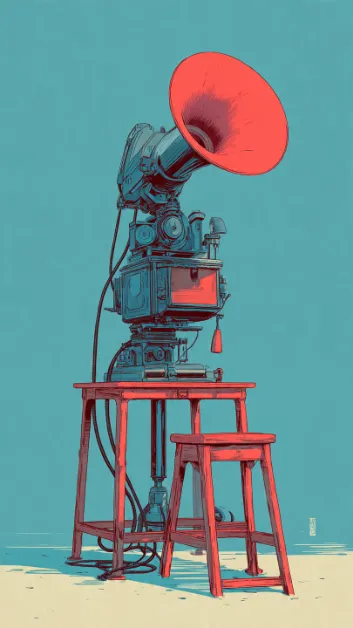
Breaking Free from Oppression: An Exclusive Interview with Aloikin Praise Opoloje
Meet Aloikin Praise, a courageous young Ugandan activist fighting for human rights and civil liberties.
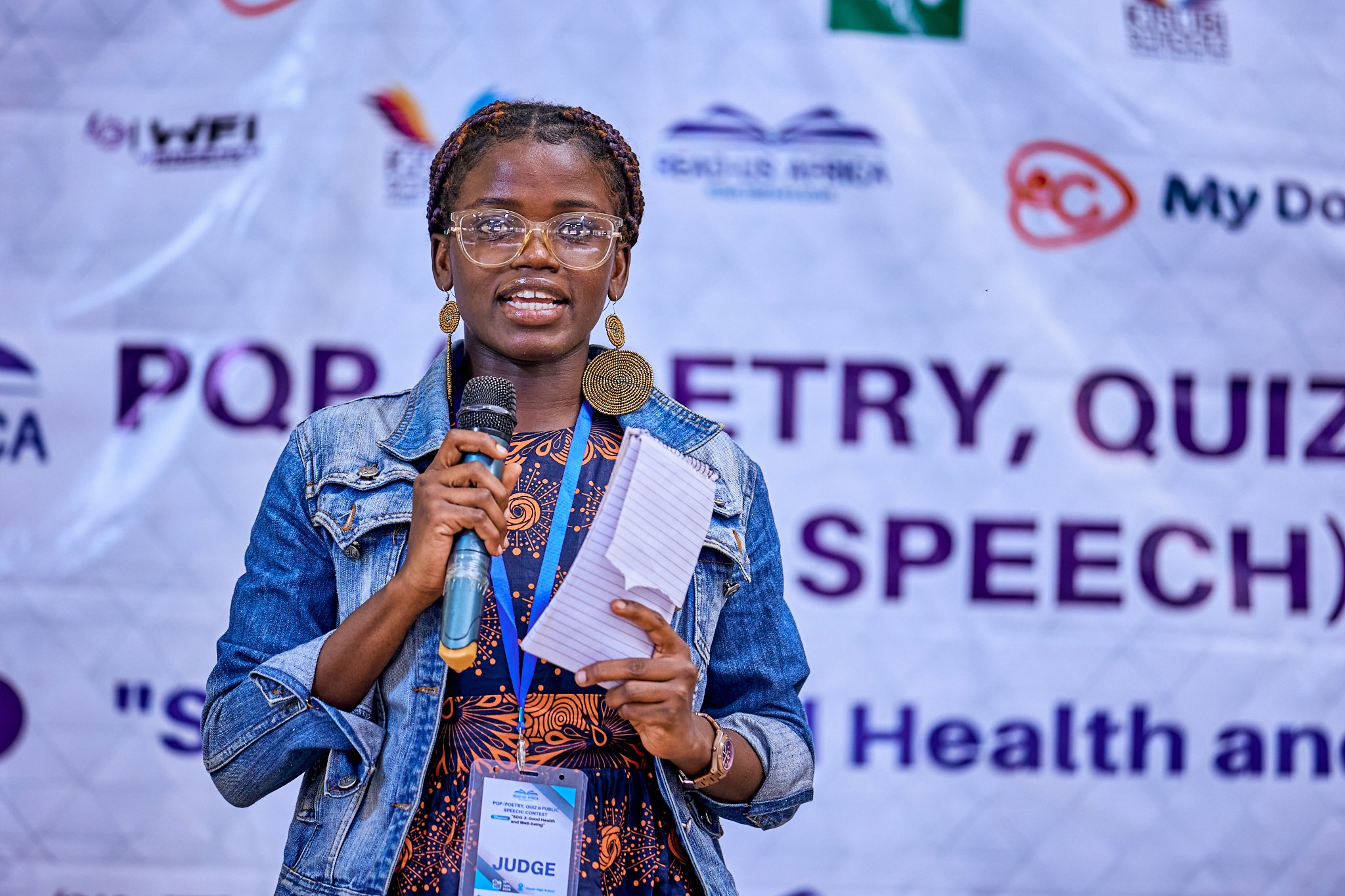
05 Dec, 2024
Share
Save
Often, the oppressor is unwise—he detaches from intuition, dehumanises his victims by the callous laws and by the barrel of the gun, and crunches dissenting voices for the sake of prolonging his stay in power—but inadvertently, this fool creates monsters who eventually devour him.
As Brecht writes in his poem “In Praise of Dialectics”, whoever is lost must fight back; whoever has realised his condition—how can anyone stop him? Likewise, however long it might take, the proletariat eventually turns against their usurper—and such resistance is never peaceful—it is chaotic, as there are no prescribed means of weaponry for reclaiming one’s freedom.
In Uganda today, oppression and brutality of citizens by the state is justifiable—a general of the national army validates the mutilation of Ugandans in the dungeons on national television; Government spokespersons rationalise the shooting of peaceful protestors by the armed forces, and the Parliament shields the corrupt—we have become a country with no sense of immorality.
And then there are victims of the predicament, the 78 % young Ugandans who are uncertain of the future; the young who cannot afford a decent living because the few old crooks have feasted on what should have been theirs, and upon losing hope, these young Ugandans resort to giving up on themselves, and only wait for their death, and maybe Jesus’ second coming.
Whereas the tyrant prides in the suffering of Ugandans—after all, the hungry and destitute are governable, he forgets in his empty head that when a man is deprived of the basics of life; when he has no food or freedom to express his hunger, he resorts to eating his oppressor—he loses fear, and rise against whoever chains him. A revolution is inevitable when a man learns that he is destined to die if he doesn’t clip his oppressor’s wings.
In today’s edition, we feature Aloikin Praise, a young woman and award-winning human rights activist who eventually realised her condition and thus stood up to join other Ugandans fighting for the liberation of this country from the fleecing tyranny. Aloikin is a victim of lawlessness—her rights have been crunched, but she never backs off—she won’t stop talking and fighting. However young, she is optimistic that this country will be free one day.
What drives your passion for social justice, and how have your law studies influenced your activism?
I have always believed that people need to be treated fairly. However, what fuelled my desire to join the frontline of activism was my near-death experience on my birth-bed. I was bleeding to death and sutures could only be produced when my mum bribed the midwife with 5K. The parliamentary exhibitions by Agora just fuelled this even further, as they exposed the misuse and wastage of money that could solve the problems of Ugandans.
Joining law school just taught me how much the law has been broken. And that there is no rule of law in Uganda, and I feel the need to do something about it.
Can you share a personal experience that solidified your commitment to fighting for human rights and civil liberties?
The birth experience, as I explained above. Last year in August, I almost bled to death in Pallisa Main Hospital because of the lack of surgical sutures. It was about after 35 minutes that I could be helped. I was stitched without any anaesthesia and it was only after my mum paid a bribe to get me saved. I do not think that anyone should be put in any place like that; it was such a degrading and inhumane moment. And there were women in the hospital with me in worse situations.
What was the catalyst for organising and participating in the July anti-corruption parliamentary protests, and what were your primary objectives?
I was motivated by the need to have our budget and government expenditure reflect the priorities of Ugandans across the country. To hold the MOST accountable and return financial sanity to this country. My primary objective was the resignation of the speaker, reduction in the number of MPs, the auditing of the MPs by an impartial body, and reduction in allowances and salaries of the MPs.
Your unconventional protest method of undressing sparked intense debate. Can you elaborate on the message you aimed to convey?
Nude protests have always been a huge part of the African culture, specifically in Uganda. At home, my mum has threatened to undress to express her dissatisfaction with our behaviour. But also, it is a way of cursing whoever is oppressing you. So, our objective was to expose the rot in parliament, and government graft and to show how terrible the act is—stealing from homeless Ugandans, leaving hospitals without drugs, allowing rubbish to bury people, etc. I did all this to curse our tormentors.
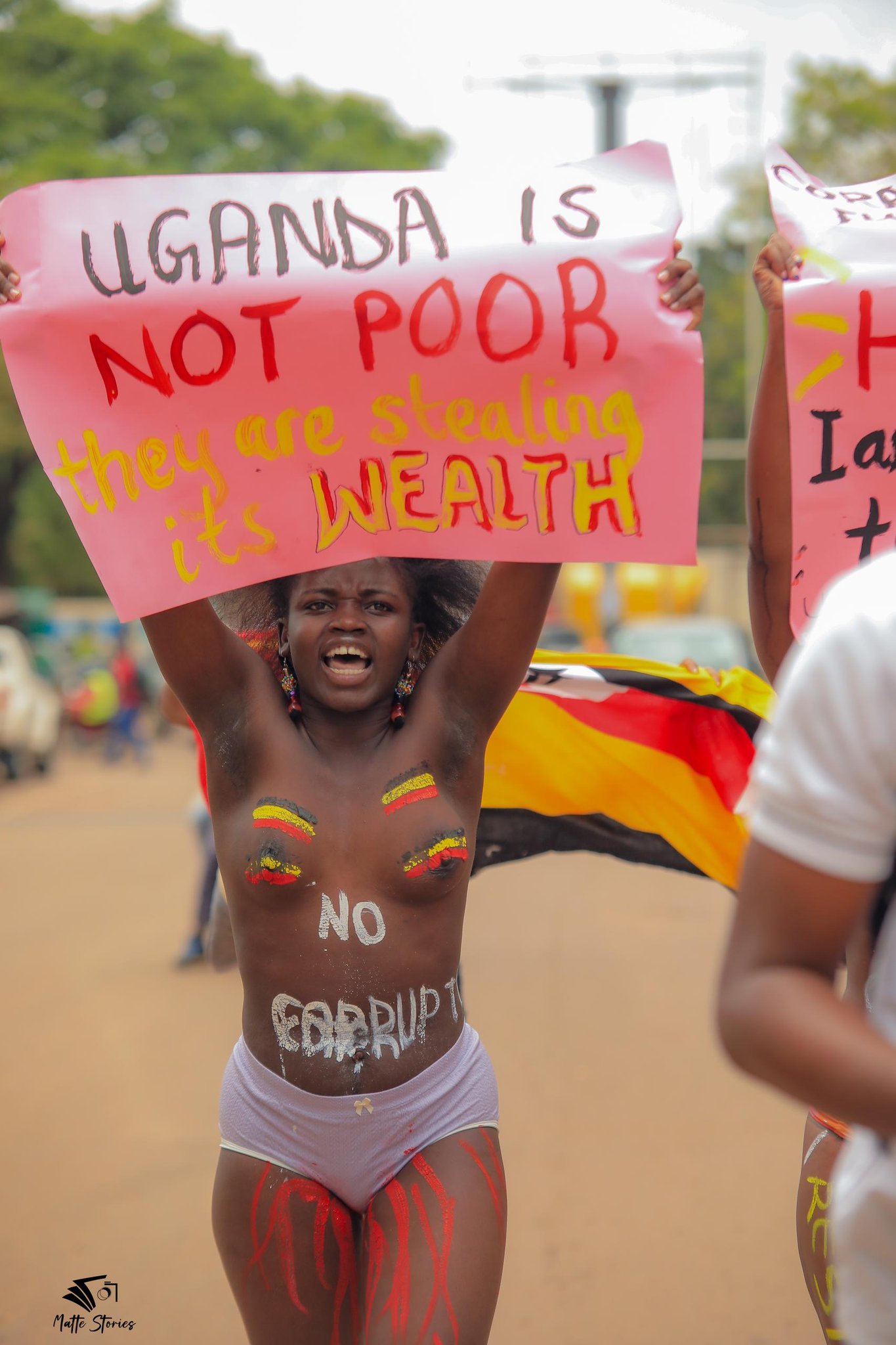
How did you navigate potential risks and backlash while planning and executing the protests?
We maximised security and tried to leave a low profile, especially in public places. I had people who knew about my whereabouts. I used more secure apps that would not be easily tapped. And I prayed.
Describe your experience of being arrested and detained during the protests. How did you cope emotionally and psychologically?
As everyone saw, we were brutally arrested, and I was beaten while in detention at CPS by Afande Ntabu Joel. That experience sticks with you and sometimes the wounds that hurt the most are those that cannot heal by medical assistance, worse when you see people betraying their country for a salary increment or promotion—the lack of that central nervous system. However, I have relied on the support of friends and family to overcome that. And the hope that this will one day come to pass.
Do you believe your arrest was a genuine attempt to maintain public order as the State claims, or was it an effort to suppress dissenting voices?
Of course, there was no good intention. Peaceful protestors were arrested for exercising their constitutional rights. There was no disruption to any public order! So, there was no need to maintain anything. The order that needs to be maintained is that of keeping pigs off this country's national funds! The arrest was an abuse of a human right, something this state has become comfortable doing!
How has your detention affected your perspective on civil liberties in Uganda?
As I said above, the rule of law is a myth in this country! The law in theory is very different from the law in practice. And it continues to speak about how the right to protest, assemble and associate, is a myth in this country! There is a need for all Ugandans to rise and rebel against this abuse before the situation goes out of hand.
What did receiving the 2024 Civil Liberties Defender Award mean to you, and how has it affected your work?
The award was a reminder and reassurance that someone is seeing and appreciating the work of people who are out there trying to preserve and protect what is left of civil liberties in this country. That for me is encouraging and has helped me remember why I started my struggle in the first place; to do the hard work that is needed to liberate this country—the work that most of us are ready to pass by.
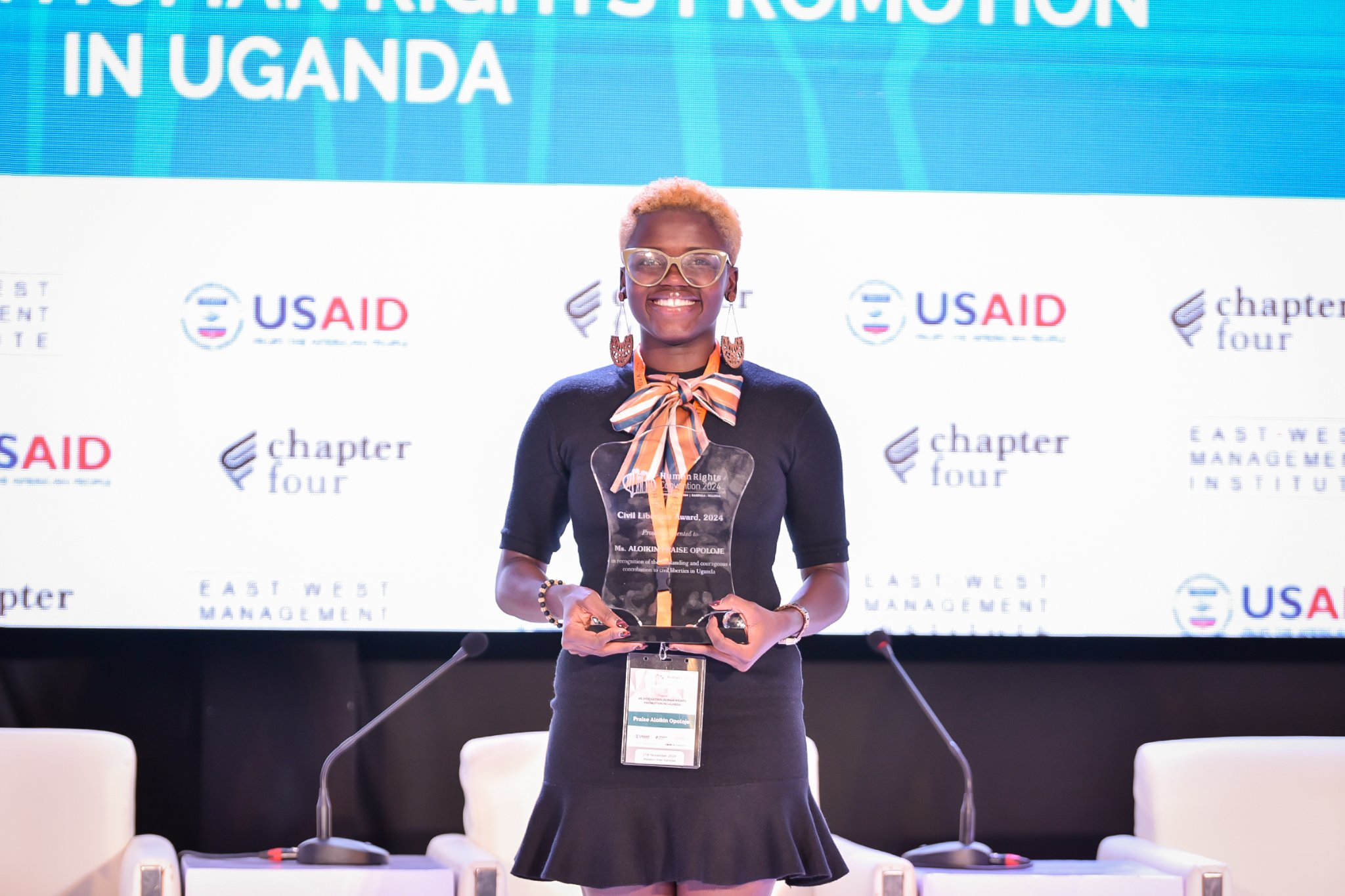
What are the most critical civil liberties issues that require immediate attention and action?
The right of freedom of assembly, association, and expression. These are the bedrock of a democracy that guarantees fair representation—a government of all, for all and by all! Anything other than that is a dictatorship.
What guidance would you offer to individuals looking to get involved in social justice activism, particularly those who may face similar challenges?
The struggle is called that for a reason. It is not a bed of roses, but that should not deter anyone. No freedom from history has been given on a silver platter. All freedom has a price, and the price is high, but so are the benefits. The benefits of living in a true democracy and not a semblance of one!
With freedom of expression and standing against injustice in Uganda being treasonous, as you experienced it per se, do you think this country will ever be free from such shackles of thraldom? And what should the Ugandans do to escape that sort of cage?
We have come from worse places. Slavery, colonialism and different situations that have seemed impossible to escape. It’s not a question of if, but rather of when. And this can only happen earlier if we get out of our comfort zone and use people's power to demand for better. Educate, sensitise, mobilise and resist!
What's next for your activism, and are there any specific causes or issues you're focusing on?
I am focusing on civic education in rural areas as we head to the 2026 elections. Through the #WeThePeople campaign that I am working on with some colleagues, we hope to educate people on their rights and how to use non-violent forms of resistance to boost change. We have so far vested the areas of Bundibugyo and Bukomansimbi. We hope to create a critical mass of people that can claim back this country!
About the author
The Critique is a radical African publishing label dedicated to literature of social protest, political commentary, and cultural defiance. It champions bold, uncompromising writers who confront injustice, expose state violence, critique authoritarianism, and give voice to the oppressed. The imprint prioritises political clarity, moral courage, and stylistic excellence, publishing works that challenge power rather than appease it. Its catalogue includes political essays, protest literature, radical drama, memoirs of struggle, poetry of resistance, and exile or prison writing. The Critique serves as a platform for authors who interrogate corruption, repression, inequality, and social decay across the continent. With a mission to stir public consciousness and preserve social memory, The Critique positions literature as a tool for awakening, resistance, and social transformation. It provides rigorous editorial guidance, professional production, and strategic distribution to ensure that courageous voices reach both local and global audiences.
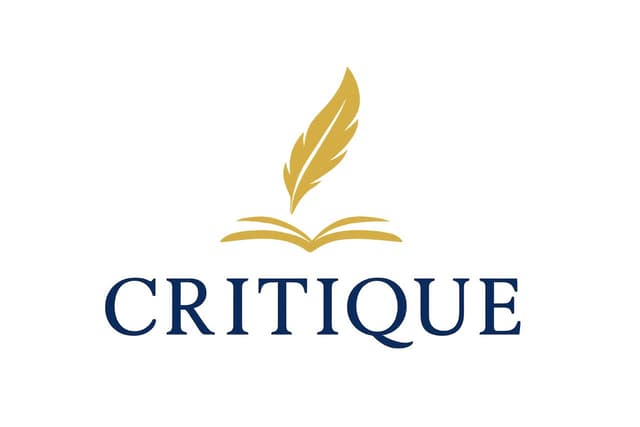
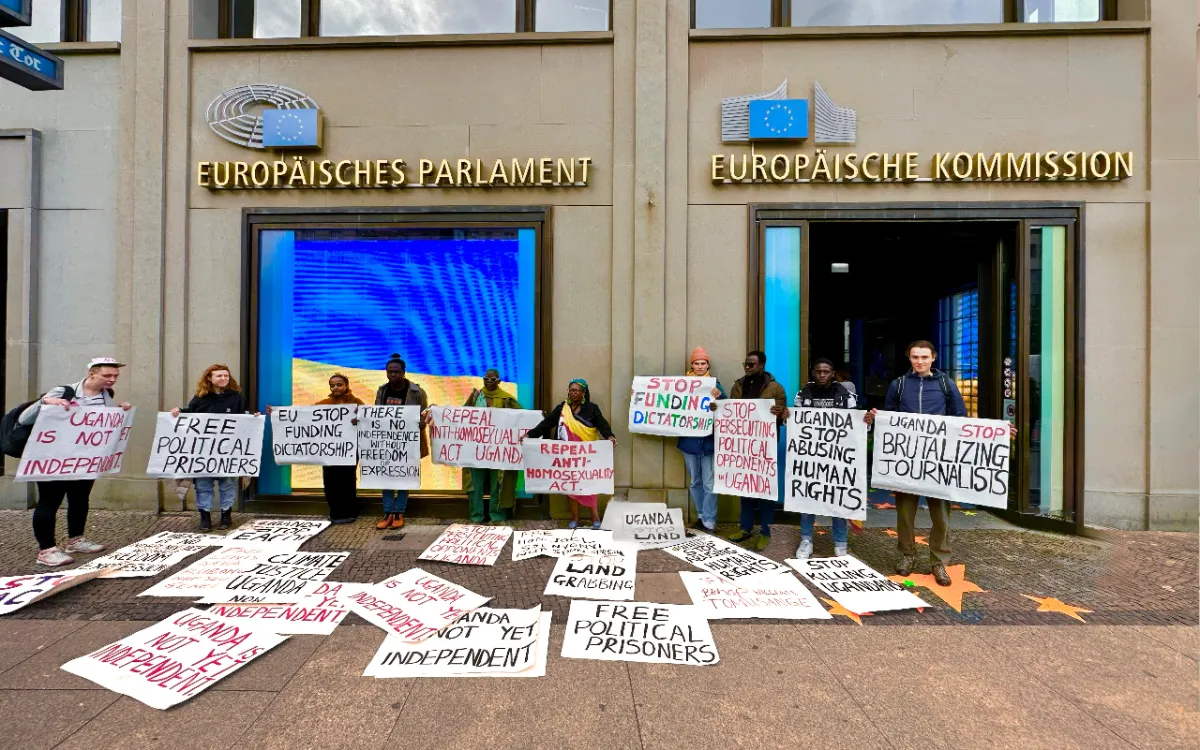
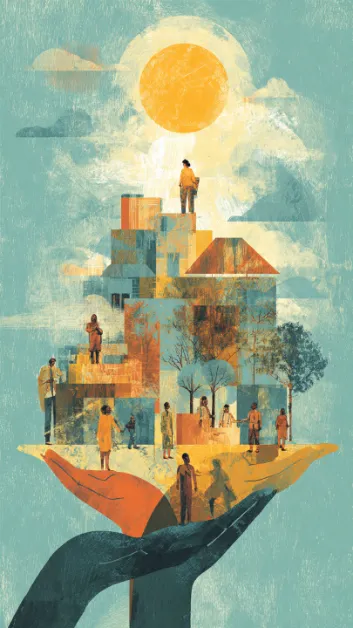
.webp)
